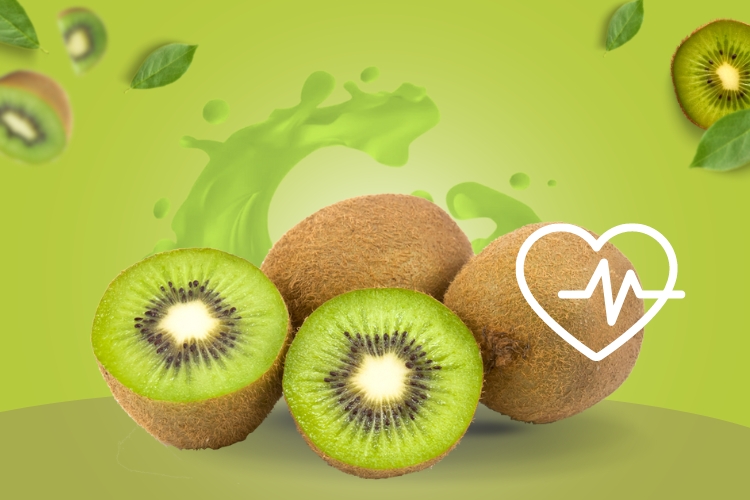The kiwi is a superfood that packs a huge amount of health benefits into one small package.
In this article, we explore the different viewpoints on whether kiwi has health benefits.
Nutritional Composition of Kiwi
Before we delve into the health benefits, it’s important to understand the nutritional composition of kiwi. According to the United States Department of Agriculture (USDA), one medium-sized kiwi contains approximately:
- Calories: 42
- Fiber: 2.1 grams
- Vitamin C: 64 milligrams
- Vitamin K: 22 micrograms
- Vitamin E: 0.6 milligrams
- Potassium: 215 milligrams
Kiwi is also a good source of folate, vitamin A, vitamin E, and various trace minerals. These nutritional components contribute to its health-promoting properties.
Digestive Health
One of the key health benefits of kiwi is its positive impact on digestive health. Its high fiber content aids in healthy bowel movements, preventing constipation and promoting regularity. A study published in the journal Advances in Food and Nutrition Research found that kiwi consumption significantly increased stool frequency and improved ease of bowel movements.

Immune System Boost
Kiwi’s excellent vitamin C content provides a substantial boost to the immune system. A review published in the scientific journal Nutrients highlighted the role of vitamin C in enhancing immune function and reducing the duration and severity of common infections. Kiwi’s vitamin C content can help protect against respiratory illnesses, improve wound healing, and support collagen production.
Heart Health
Including kiwi in your diet can also have positive effects on heart health. The American Heart Association notes that consuming a diet rich in fruits, including kiwi, is associated with a lower risk of heart disease and stroke. A study conducted by the University of Oslo in Norway found that regular consumption of kiwi reduced blood clotting potential and improved overall cardiovascular function.

Antioxidant Power
Kiwi holds an impressive antioxidant profile, particularly due to the presence of vitamin C, vitamin E, and various phytonutrients. Antioxidants play a critical role in neutralizing harmful free radicals in the body, which helps reduce the risk of chronic diseases such as cancer. Research from the Journal of Agricultural and Food Chemistry suggests that Kiwi demonstrates considerable antioxidant activity, making it a valuable dietary addition.
Conclusion
Kiwi is undoubtedly a nutritional powerhouse, offering a range of health benefits backed by scientific research. From its contribution to digestive health and immune system support to its positive effects on heart health and impressive antioxidant properties, this small fruit deserves its place on your plate. By incorporating kiwi into your daily diet, you can enhance your well-being and embark on a journey towards optimal health.





